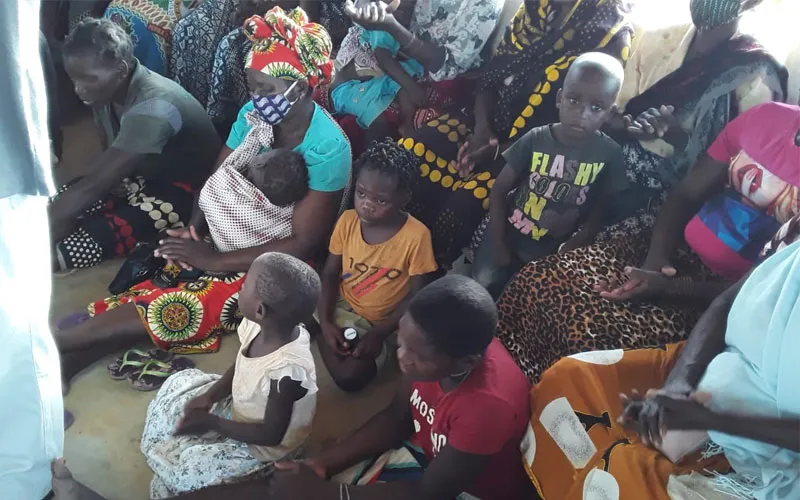Cabo Delgado, 04 September, 2021 / 11:30 pm (ACI Africa).
Displaced people in Mozambique’s Cabo Delgado Province have little to celebrate even as the country continues to recapture villages from insurgents who continue to wreak havoc in the Northern part of the country.
According to Catholic charity and peace foundation, Denis Hurley Peace Institute (DHPI), victims of the violence who are currently seeking refuge outside the province have nothing to return home to.
Those who fear going home the most, according to DHPI Director, Johan Viljoen, are those who fled further away from the embattled province and have had their property seized by the Mozambican authorities.
“After recapturing various towns and villages, the Rwandan military have published photos of people returning to their villages and life returning to normal. Those returning are the displaced that fled into the surrounding bush. Those who fled further afield, for instance to Pemba or Nampula, are fearful of going back,” Mr. Viljoen told members of the European Parliament Foreign Affairs Committee (AFET) on Wednesday, September 1.
He added, “There is nothing to go back to. Almost everything has been destroyed.”








